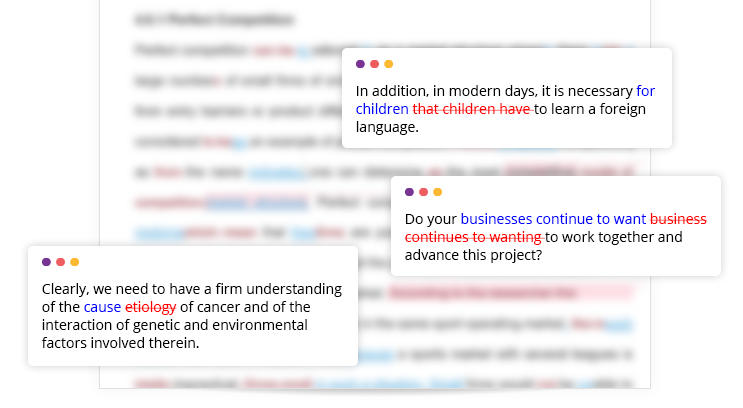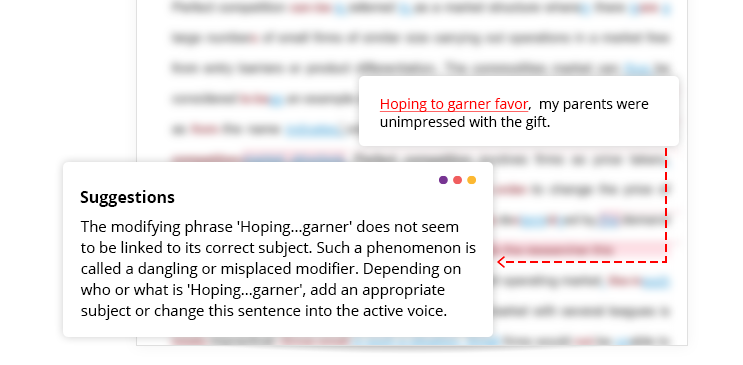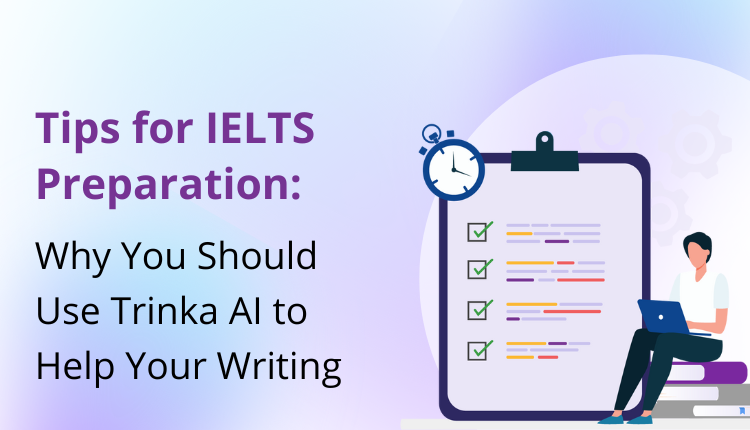Studying overseas is a dream of the many around the world. But getting there takes a lot of work. No matter what country you choose to study in, you’ll be required to pass an academic writing evaluation to demonstrate that you have the necessary language proficiency to excel in a foreign environment.
The International English Language Testing System, or more commonly the IELTS, is a test taken by those who wish to study overseas. Covering reading, writing, speaking, and listening, the IELTS tests English language proficiency comprehensively, which is why more than 11,000 academic institutions, companies, and governments worldwide accept it as a language proficiency proof.
Table of Content:
What is the IELTS?
The International English Language Testing System, or the IELTS is broken into four main sections: reading, writing, speaking, and listening. In fact, there are two main types of IELTS tests: academic and general.
The academic IELTS is for those who intend to study abroad, while the general IELTS is for people hoping to study below degree level or emigrate to an English-speaking country. Often, IELTS is required to obtain a visa to live or work in an English-speaking country.
What does the IELTS test?
While the speaking and listening portions of both types of IELTS tests are the same, the reading and writing parts are different. For the listening portion, you are required to listen to two dialogues and two monologues and answer questions based on the content of each.
For speaking, you are asked some general questions about your life, family, and work. Afterwards, you are given a card with a topic and asked to speak on the same.
The reading portion of the two test types differs significantly. The IELTS general reading test provides you with a variety of English texts that you may encounter in daily life, such as advertisements, newspapers, company manuals, and magazines.
The academic reading section includes texts from books, journals, and newspapers, where you must show how well you can tell fact from opinion, summarize a text, and read for details.
But the writing section of the test is where most applicants struggle. While the general training writing section requires writing a short letter and a short essay on a generic topic, the academic writing test is comparatively difficult.
The academic writing assessment is divided into two tasks. In Writing Task 1, you have to describe information in a graph or chart accurately and concisely.
Whereas the IELTS Academic Writing Task 2 requires you to write a formal essay on a topic expressing a clear opinion.
Academic IELTS Writing Scoring
To understand why the academic IELTS writing is so difficult, we have to look at both how the test is taken and how it is scored. The IELTS test can be taken either in person or on a computer. Test takers who take the test in person risk a lower score if their handwriting is bad, which is just one reason that computer tests are becoming more popular.
IELTS academic writing assessment takes into account formality, word choice (vocabulary), structure, clarity, grammar, and proper use of transitional words. If you are not formal enough in IELTS Academic Writing Task 1 or IELTS Academic Writing Task 2, do not use words correctly, write in a way that is difficult to understand, misuse grammar, or fail to include transitional words, you will not be able to get a sufficient score.
Meeting the minimum word count is also critical to scoring well. If you do not meet the minimum word count, it will be scored against you. In fact, scoring well on IELTS academic writing is difficult for all people, whether they use English as a first language or as a second or other language.
Tips for Scoring Well on IELTS Academic Writing
So what can you do to get a good score? The first answer is, of course, practice before you take the test. There are a wide range of IELTS test prep courses, online videos, and blogs like this one on how to do well on the IELTS.
Practice tests are available online, as are past essay questions and sample answers. But just reading past examples won’t necessarily help when you sit down to take the test yourself. The best way to practice for the IELTS writing tasks is to actually write.
How can you know your writing is good? While you might need the help of a human to assess your writing, mechanics are just as important to scoring well on IELTS writing. That’s where AI writing checkers come into play. While the IELTS is not scored using AI of any kind, AI can still help you prepare, and here’s how.

Suggestion:

When you use an AI grammar checker like Trinka while you practice IELTS writing tasks, you can see suggestions relating to formality, tone, word choice, and structure in real-time as you practice. Trinka provides a user-friendly environment to type, check and improve your writing as you type.
It is specifically designed for academic writing to ensure that your writing style is appropriate for the task at hand. It provides suggestions pertaining to conciseness and lexical usage to help keep your writing crisp and ensure that you use a variety of English words.

